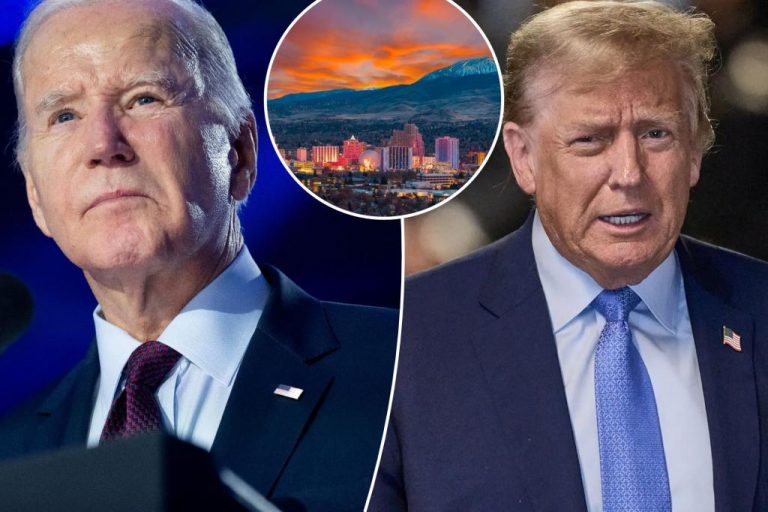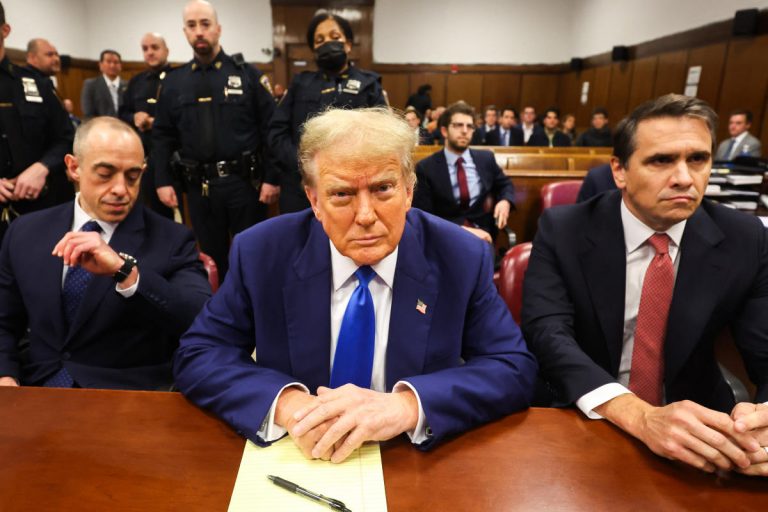What is Project 2025? An overview of the new conservative policy idea gaining attention
Project 2025 has been making waves lately, sparking intense discussions both online and offline about the future of conservative policies. This 922-page proposed blueprint for the next Republican administration, developed by the conservative think tank The Heritage Foundation, has ignited a firestorm of controversy since its publication over a year ago. Critics have decried it as an “authoritarian takeover of the United States,” while supporters hail it as a plan to restore “government of the people, by the people, and for the people.”
The spotlight on Project 2025 intensified last week when Heritage Foundation President Kevin Roberts declared, “We are in the process of the second American Revolution, which will remain bloodless if the left allows it to be.” This proclamation led to a surge in Google searches for the term and prompted responses from both presidential candidates.
What exactly is Project 2025 calling for? It brands itself as a comprehensive policy agenda, complete with personnel, training, and a 180-day playbook to be executed immediately by the incoming Republican president. The proposal encompasses a wide range of directives, from introducing new bills to repealing laws and restructuring government agencies.
Some of the key components of Project 2025 include:
- Overhauling the Department of Justice and FBI
- Implementing “Schedule F” to reclassify government workers
- Eliminating the Department of Education
- Shutting down the EPA’s Office of Environmental Justice and External Civil Rights
- Imposing strict restrictions on abortion access
- Allocating funds for additional border wall construction
- Banning pornography and criminalizing its production and distribution
- Promoting “Sabbath Rest” by amending labor laws
- Advocating for heterosexual marriages based on biblical principles
- Reversing LGBTQ+ equity initiatives and subsidies for single motherhood
The document also pushes for the removal of various progressive terms from federal legislation and regulations, in addition to endorsing Trump-era policies like opening up the National Petroleum Reserve of Alaska for development.
But who stands behind Project 2025? The Heritage Foundation, established in 1973, rose to prominence during the Reagan era and has continued to exert influence on subsequent administrations. Although Project 2025 is not officially tied to any particular campaign, it has strong connections to the Trump administration. Many of the individuals involved in crafting the proposal have served under Trump or supported his reelection bid.
Despite these connections, Trump himself has distanced himself from Project 2025, claiming ignorance of the initiative’s origins and disagreeing with certain aspects of the proposal. While there are some overlaps between Project 2025 and Trump’s own policy agenda (Agenda47), the former president has not explicitly endorsed the project.
Unsurprisingly, Project 2025 has stirred up a hornet’s nest of criticism. Detractors have labeled it as a direct threat to democracy, a far-right assault on American values, and a dystopian nightmare in the making. Critics have raised concerns about the cuts to Medicaid, deemed language in the proposal as dehumanizing, and warned of its potentially devastating impact on various facets of American life.
Despite the backlash, supporters of Project 2025 remain steadfast in their belief that the proposal will empower the next Republican president and advance conservative values. Heritage Foundation President Kevin Roberts has emphasized the need to expedite the implementation of conservative policies and reshape the current political landscape.
The recent attention on Project 2025 stems from controversial remarks made by Roberts during a podcast interview, where he alluded to a “second American revolution.” These comments catapulted the project into the limelight, sparking vigorous debate and drawing scrutiny from various quarters. The subsequent social media frenzy and record-breaking Google searches for “Project 2025” underscored the growing interest and concern surrounding the initiative.
As the debate rages on, individuals from across the political spectrum continue to weigh in on Project 2025. While some view it as a necessary step towards realigning conservative policies, others see it as a dangerous and regressive agenda that threatens the very fabric of American society. The future implications of Project 2025 remain uncertain, but its impact on the political landscape is undeniable.








